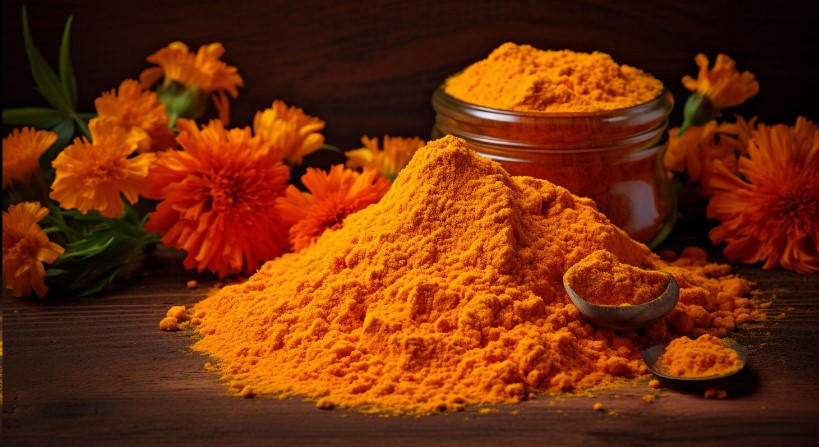¿Cómo debo elegir la luteína? Basta con fijarse en su contenido?

Eyes are the most important sensory organ of human beings.
And when you stay up late at work, turn off the lights and play with your mobile phone…and other actions that “destroy” your eyes,
There is a substance in the eyes that has a protective mechanism, that is – lutein
¿Qué es la luteína
Lutein is a carotenoid and the main pigment in the retina of the human eye.
It is mainly concentrated in the most sensitive part of our eyes, the macular area of the retina.
Lutein is particularly important in maintaining the visual function of the macula, but lutein cannot be synthesized by the human body itself and will be continuously consumed as we age, requiring food supplementation. If you use your eyes for a long time, suffer from light stimulation, bad living habits, etc., you will consume more lutein. People with high myopia, dry eye disease, diabetic retinopathy, degenerative macular degeneration, etc. should pay more attention to adequate supplementation of lutein, and should pay attention to consciously eating vegetables and fruits rich in lutein.
The important role of luteína
Improve vision
When the retina is exposed to light and oxygen, it will be damaged by free radicals. Lutein is a high-energy antioxidant that can help filter out blue light, reduce color difference, and make vision more accurate.
Protect retina
The retina is rich in DHA unsaturated fatty acid, and lutein can prevent the retina from oxidative damage when absorbing light.
Prevent retinitis pigmentosa
In retinitis pigmentosa, the rod cells and cone cells on the retina will undergo degenerative changes. Lutein supplementation is helpful for retinitis pigmentosa.
Relieve visual fatigue
In retinitis pigmentosa, the rod cells and cone cells on the retina will undergo degenerative changes. Lutein supplementation is helpful for retinitis pigmentosa.
As an antioxidant, lutein can consume toxic light, resolve phototoxicity, protect the regeneration of rhodopsin in retinal cells, and prevent high myopia and retinal detachment. It can increase macular pigment density, protect the macula, and promote macular development. The human body cannot synthesize lutein on its own and can only be ingested from the outside. Among them, oranges, tangerines, kiwis, mangoes, bananas and other fruits contain more lutein; green vegetables are also an important source of lutein, such as cucumbers, cabbage, pumpkins, sweet potato leaves, etc.
Who needs to supplement luteína?
Teenagers
Those with amblyopia, myopia, strabismus, and abnormal visual function;
Eye disease patients
Patients with eye diseases such as macular degeneration, retinitis pigmentosa, diabetic retinopathy, floaters, glaucoma;
Special groups
White-collar workers, workers in writing and IT industries, drivers, shooters, pilots, flight attendants, etc.
How to choose luteína
Nowadays, lutein is purified and made into capsules or chewable tablets on the market. Ingestion in this way is more direct. However, the key is to ensure quality.
When it comes to product selection of lutein supplements, I also give you some tips:
1. Choose products from brand merchants with food safety certification;
2. As an eye nutrition supplement, the higher the lutein content, the better the effect. When choosing a product, you must compare the content.
3. Clinically proven and patented lutein products are more trustworthy.
Therefore, when choosing lutein products, we not only have to look at the price but also look at the manufacturer of the product, the proportion of ingredients contained, and the amount used to determine whether it is a regular product.
() ()